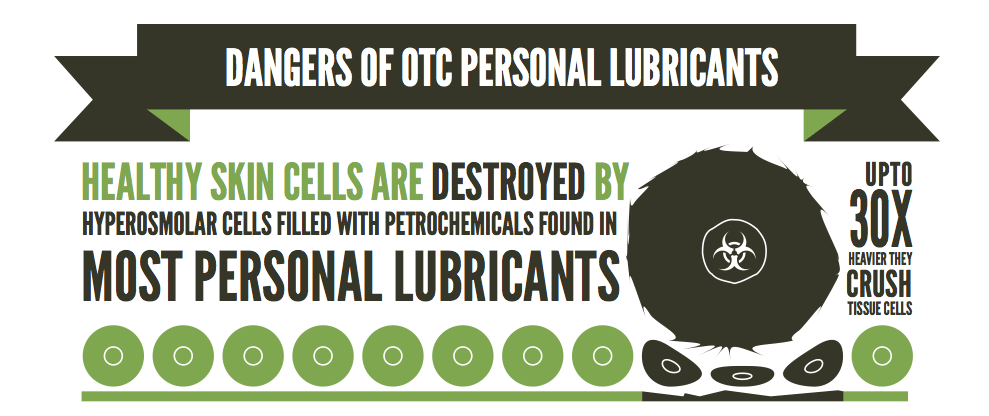If you’ve heard someone talking about “the clap”, they were referring to gonorrhea. Over 800,000 Americans contract gonorrhea each year, but many will never know they are infected. It’s important to get tested regularly to ensure that you don’t have this, or other ‘silent’ STIs.
What the hell is it?
Gonorrhea is a sexually transmitted disease caused by bacteria. It can infect the vagina, anus, urethra, cervix, and throat (and the penis, in men). Gonorrhea is spread through vaginal, anal, and oral sex. Gonorrhea can also be spread from a woman to her baby when giving birth, if she is infected while pregnant.
Gonorrhea is most commonly found in sexually active teens and young adults under the age of 24 and is more common in men then in women. However, it is still possible for women or older individuals to contract it as well.
Symptoms
Many people who have been infected with gonorrhea will not have any symptoms; as many as 80% of women and 10% of men with do not notice any symptoms. When symptoms do occur, they can happen as soon as one day to two weeks after infection. Many people with symptoms of gonorrhea also notice that they occur only in the morning, if at all.
Women with gonorrhea may experience abdominal pain, bleeding between periods, fever, pain during sex, pain while peeing, swelling of tenderness of the vulva, frequent urination, vomiting, yellow/green vaginal discharge, painful bowel movements, and an irritated or itchy anus.
Men with gonorrhea may experience pus-like discharge from the penis, pain while peeing, frequent urination, painful or swollen testicles, painful bowel movements, and an irritated or itchy anus.
Both men and women can contract gonorrhea orally and may experience itching and soreness of the throat or difficulty swallowing, although up to 90% of people with oral gonorrhea will have no symptoms whatsoever.
Treatment Options
It is extremely important to seek treatment for gonorrhea as soon as you know you are infected, as it can pose a serious threat when left alone for too long. Gonorrhea causes pregnancy complications such as early labour and stillbirth, pelvic inflammatory disease, infertility in both men and women, and even arthritis. Having gonorrhea also increases your risk of contracting HIV.
Treatment for gonorrhea is relatively simple and consists of antibiotics. It is important that both you and your partner are treated for gonorrhea and wait one week after beginning treatment to have sex again, otherwise the infection could continue to spread. Take ALL the medicine prescribed by your healthcare provider, even if your symptoms have already subsided. It is a good idea to get tested for gonorrhea again three months after finishing treatment to ensure that the infection is gone. Once gonorrhea has been successfully treated, you are no longer infected by it and cannot spread it to future partners. However, treatment does not protect against future exposures and it is possible to catch gonorrhea again.
Prevention
Preventing gonorrhea is as easy as using condoms during sex. Although it’s not as common, gonorrhea can also spread through orally, so be sure to use a condom or other barrier during oral sex as well. As with all STIs, a key component of prevention is regular testing. This is especially important with gonorrhea, as it so often has no symptoms.
Learn more about STIs in our series here.
Sources
Gonorrhea. Government of Canada. Government of Canada, 2 April 2013. Web. 13 July 2014.
Gonorrhea. Saskatchewan Health. Government of Saskatchewan, September 2011. Web. 13 July 2014.
Gonorrhea. Planned Parenthood. Planned Parenthood Federation of America, 2014. Web. 13 July 2014.






